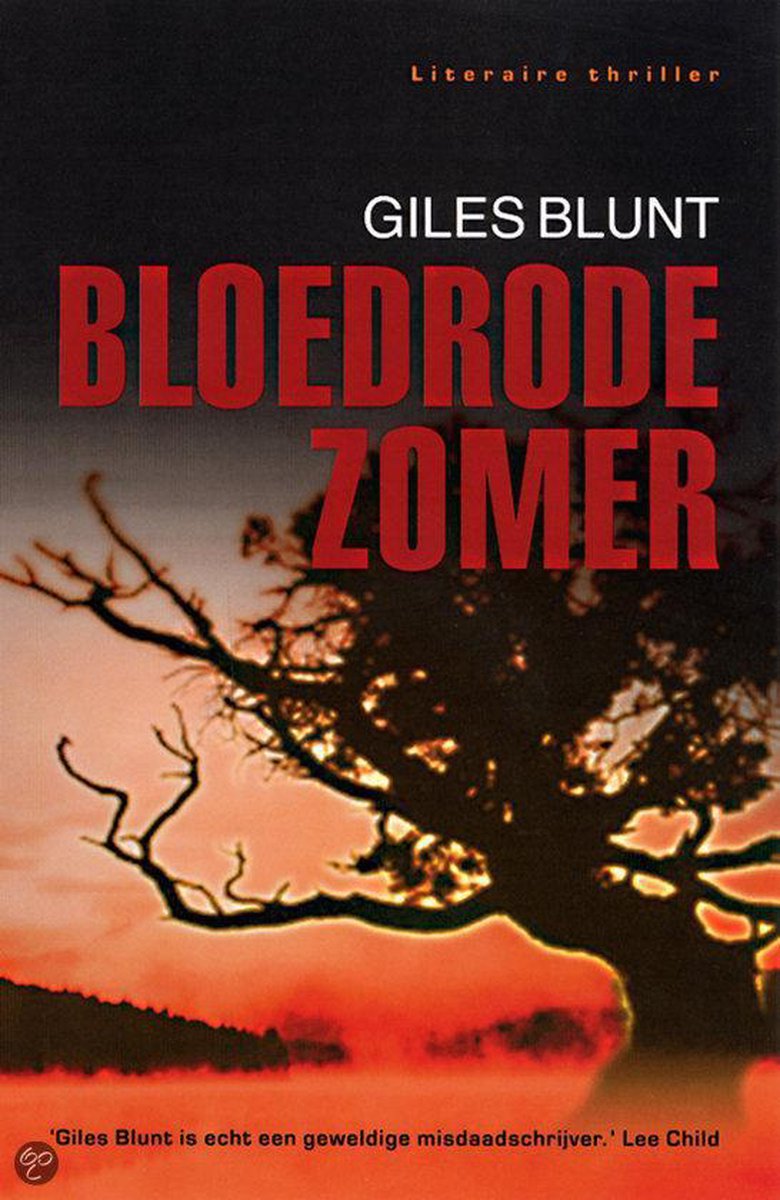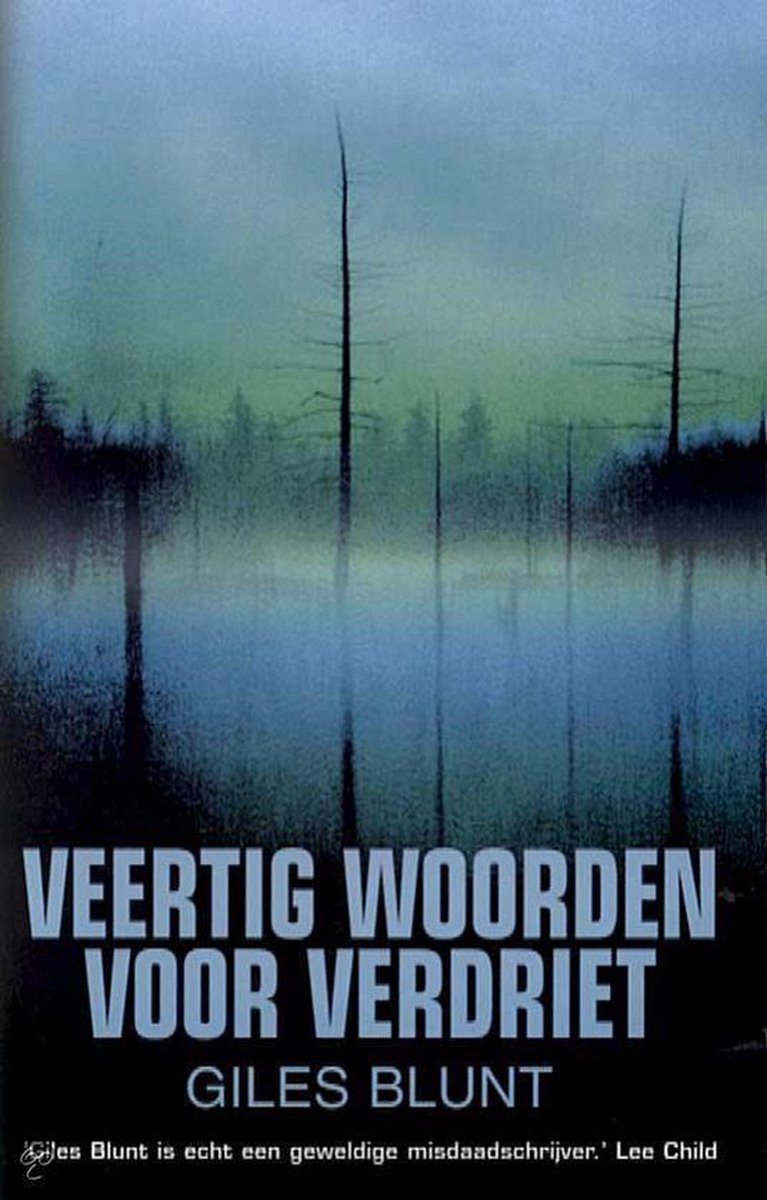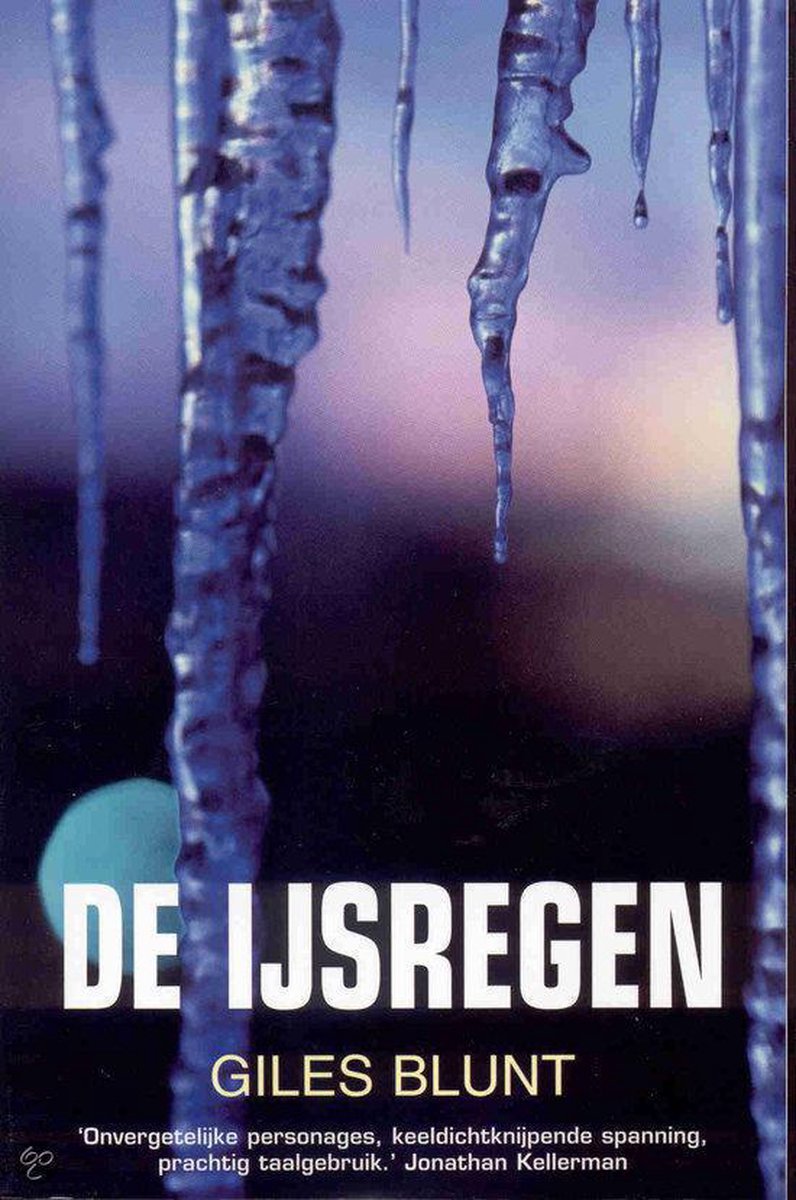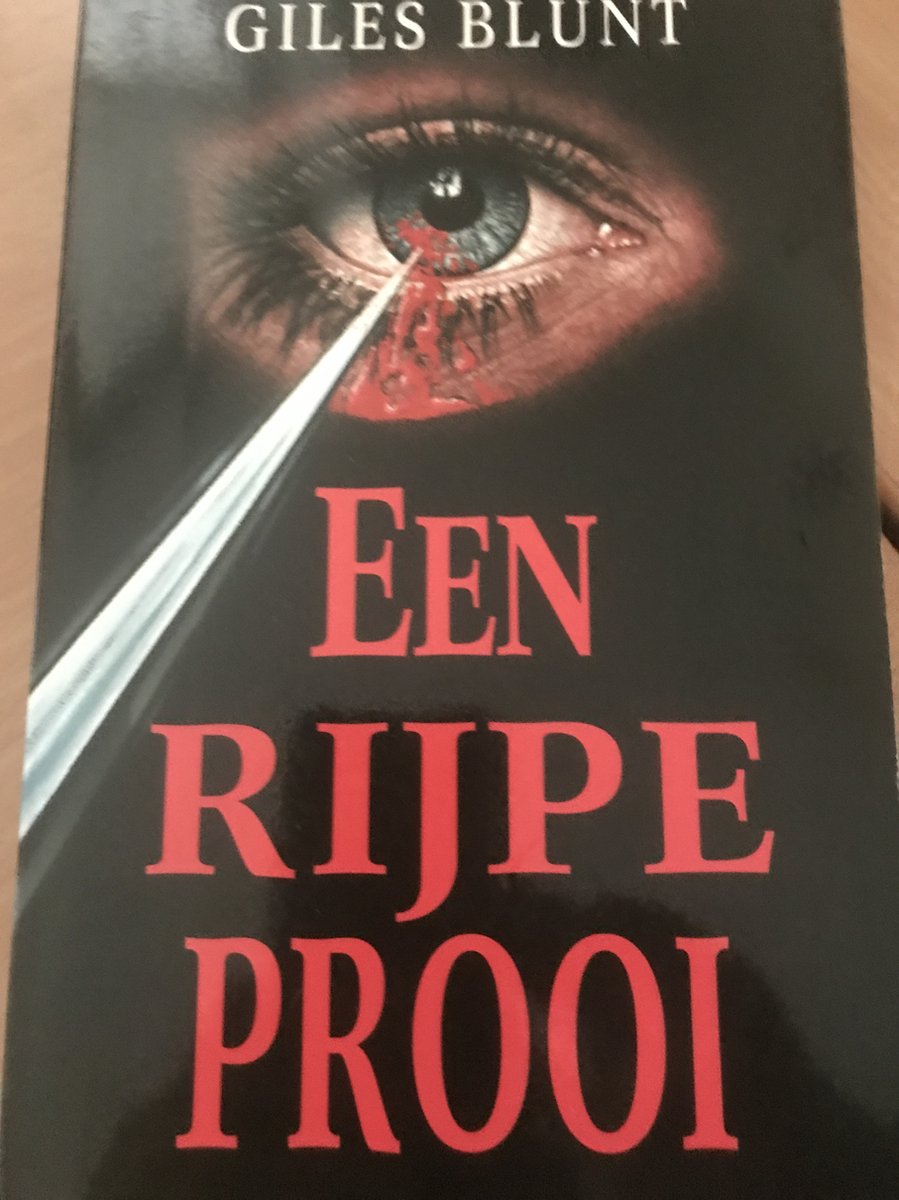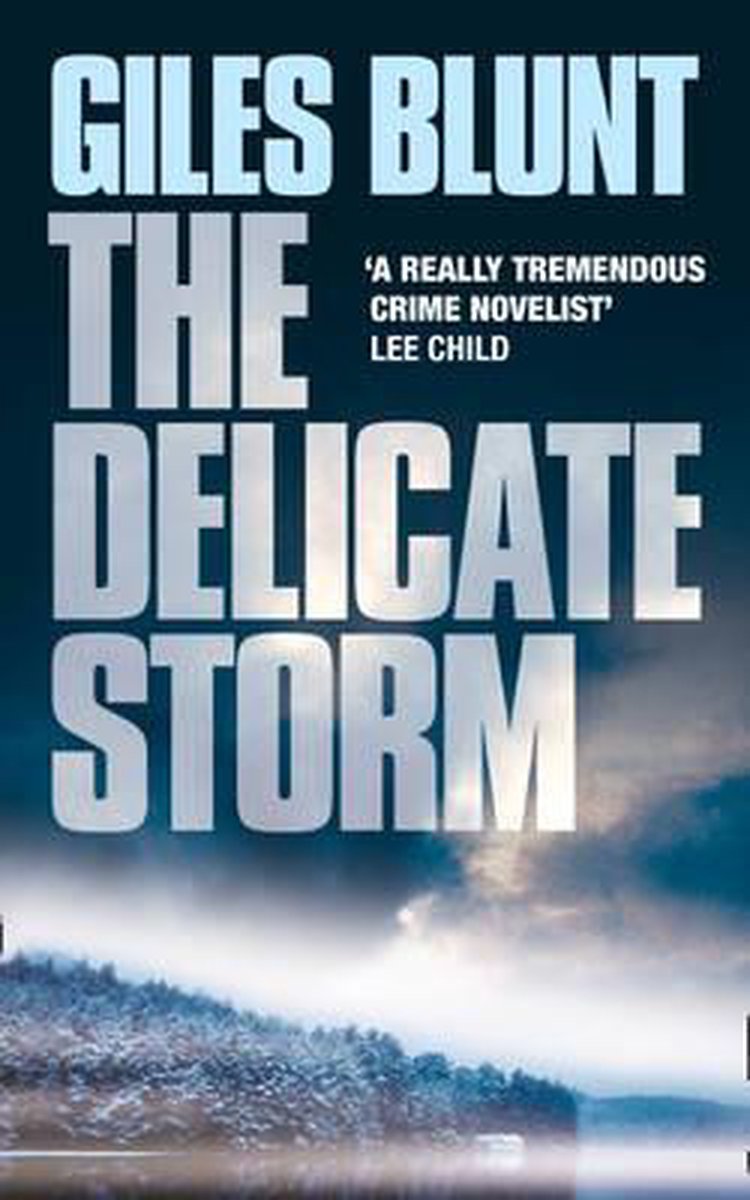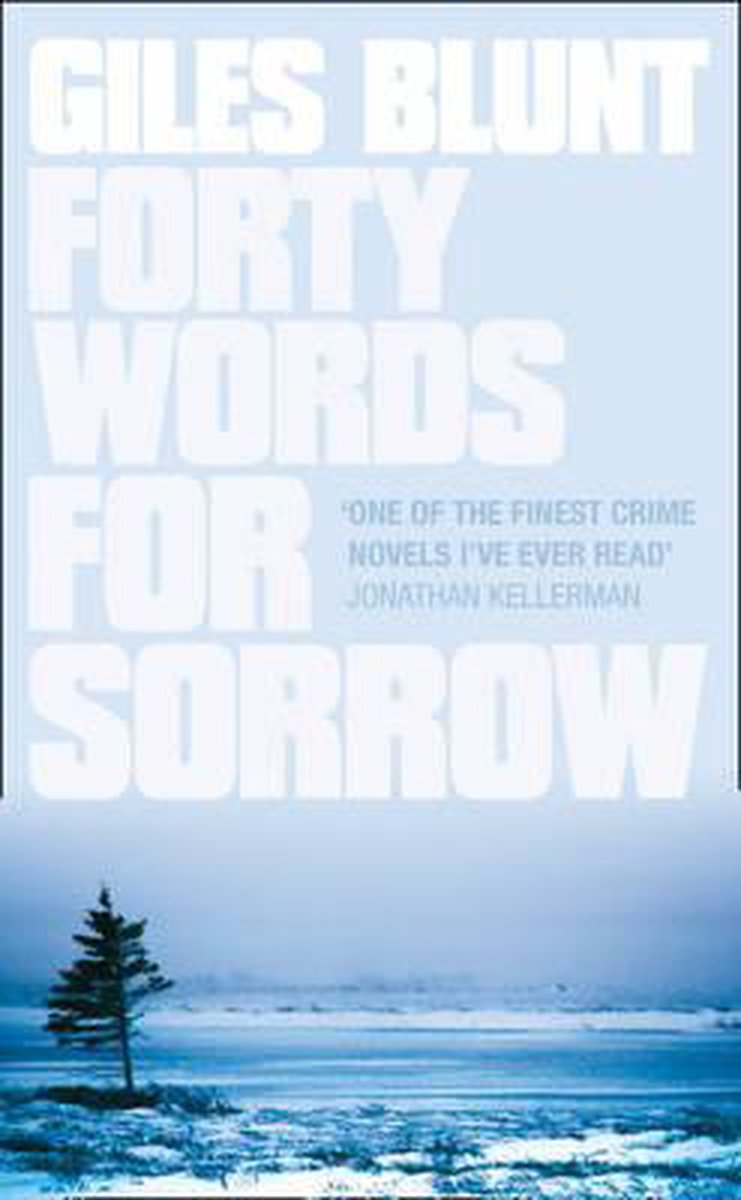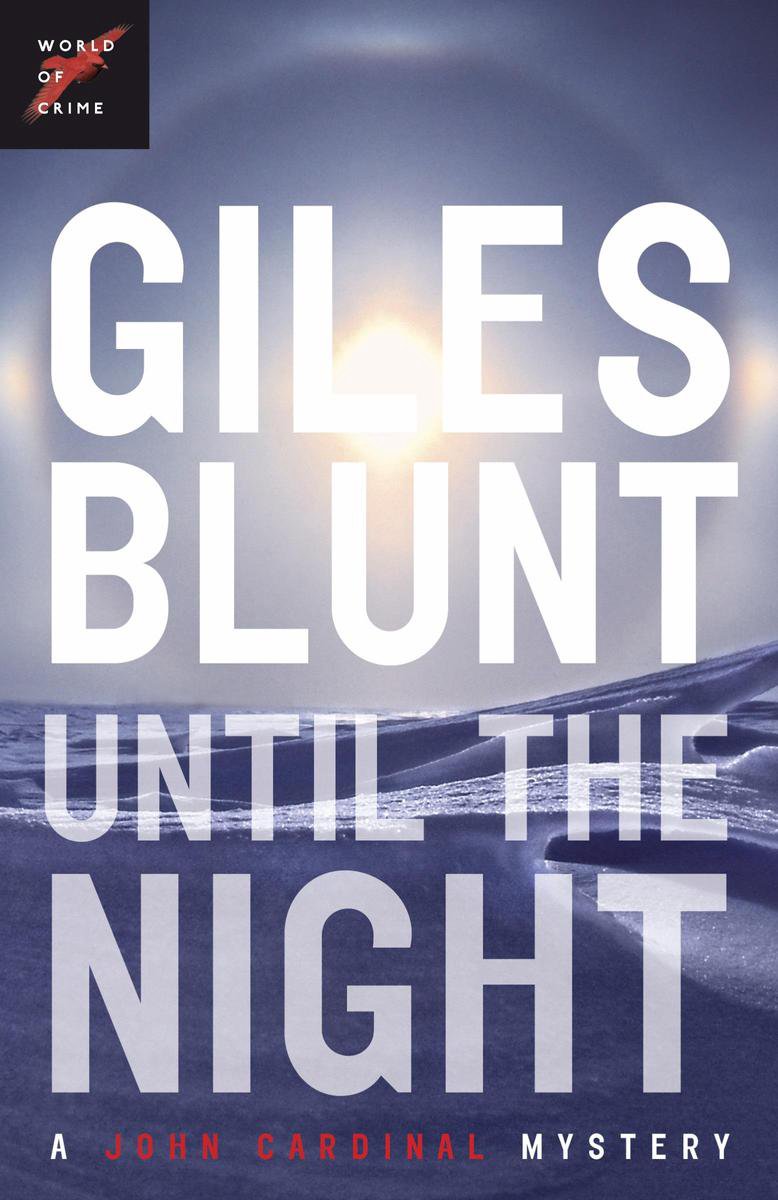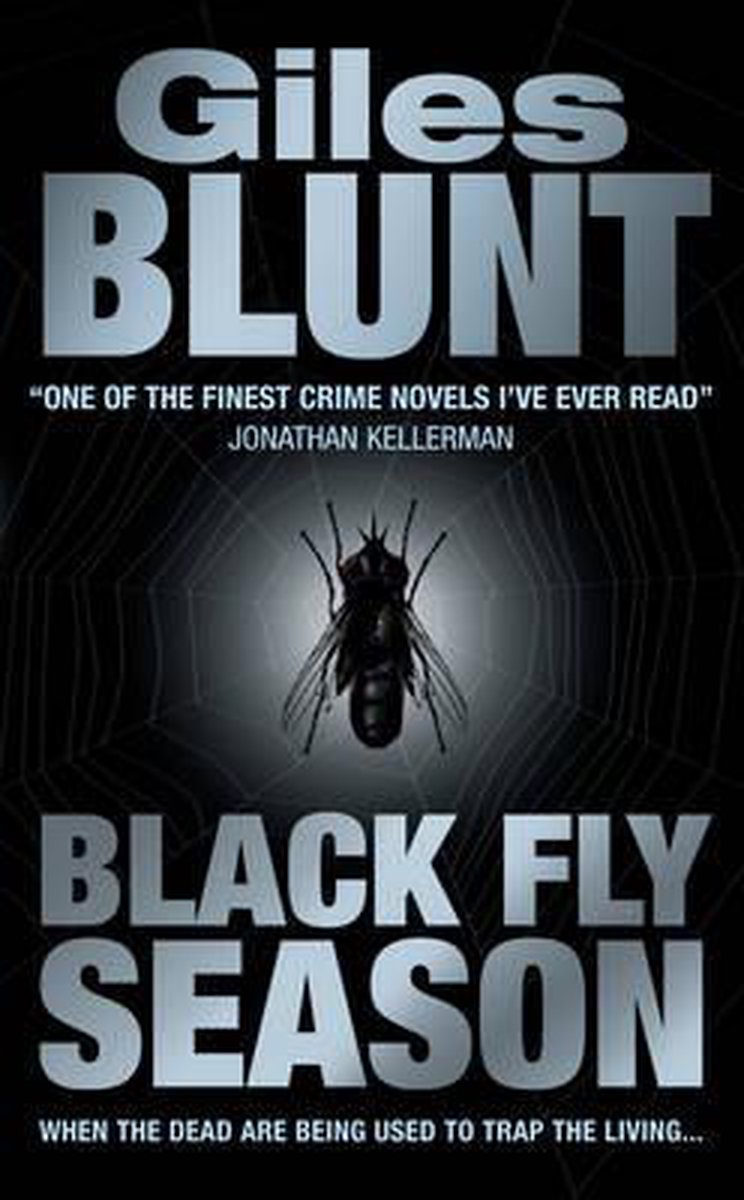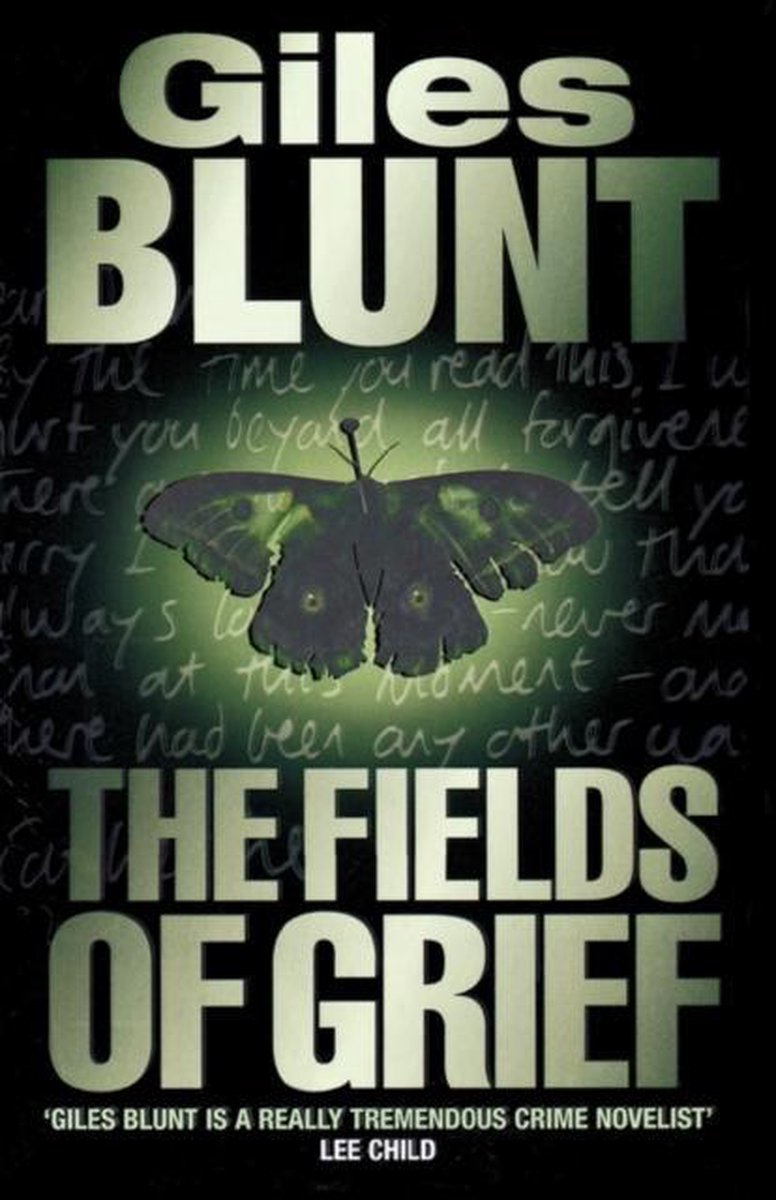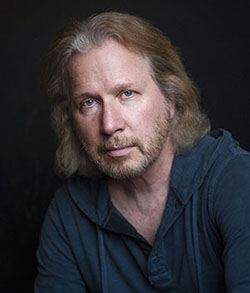
Giles Blunt
Over Giles Blunt
Blunt on Blunt
My Background.
I grew up in North Bay, Ontario, a child of parents so English that the space on their passports for citizenship could only be filled in: British Beyond Belief. They had colorful accents and amusing habits and never allowed themselves to be influenced by Canadians. Consequently I lived in England at home and Canada at school.
Things were further confused by my growing up Catholic. British people aren't supposed to be Catholic, but I attended a Catholic boys' school called Scollard Hall where I was subject to the usual bullying and injustice. I wouldn't have missed it for the world. Eventually, I negotiated a deal with my parents that got me into a regular school for grades twelve and thirteen. Algonquin Composite had actual girls in it and consequently my attendance improved.
The result of this peculiar background was that I never felt truly Canadian; I always felt like a visitor. Then, in 1980, I moved to New York City where I lived for the next 22 years. Americans treat Canadians in their midst with a sort of amused condescension that's quite touching. You know: "They come down here, they take our women..."
Living in New York gave me enough distance from northern Ontario to see it through a very long lens. I now visit North Bay and it seems exotic. It is exotic. It's ridiculous that anybody should live there, really, in the land of ice and snow. I mean, what kind of person comes to a hunk of rock surrounded by ice and pine trees and figures it's a good bet to settle down there? Okay, fur traders. But as soon as they have enough money fur traders head for Florida just like everyone else.
My Career.
I started out writing poems, and managed to get a few of them published in places like Grain and Poetry Canada. When I was just out of college, I wrote a novel that was heavily influenced by Samuel Beckett — mercifully unpublished. Then I fell in love with movies and decided to write screenplays. That was when I moved to the States.
I moved there as an accidental alien. It never occurred to me that anyone took the border seriously. So I drove down there with a U-haul full of stuff and a cat. They turned me back with a stern warning, but they let the cat through, knowing full well she wasn't going to take any American jobs.
Eventually, I snuck in and went to bartending school for two weeks, where I earned my Certificate in Mixology and proceeded to work in a series of bars and restaurants. I'd like to take this opportunity to clear something up: Bars and restaurants are always presented in movies and TV as interesting, amusing places to work. People always say, "You must get so much material." Believe me, bars are not pleasant places to work. The regulars are not charming eccentrics with hearts of gold. They are people with serious self-esteem issues. They collect bits of string and balls of tinfoil and they talk the ear off their bartender until he's in a homicidal rage.
The low point of my restaurant life was working as a room service waiter in a ritzy hotel. We were all immigrants in that job and I was lonely because nobody spoke English. Some of them were quite rough, too, and if they thought you were slowing them down, they'd get unpleasant. Then this one fellow — a Gandhi figure, very kind and gentle and Indian — took me aside and said, "You don't worry. These poor fellows mean no harm, they are illiterate." I thought, "Illiterate. That's a four-syllable word. I may be able to talk to this guy." Then, half an hour later, Gandhi spies this cockroach scuttling along the floor and stomps on it. BOOM! He leans forward to peer at the mess on the sole of his shoe and I hear him mutter, "You illiterate..."
I had to serve breakfast to Israeli U.N. Ambassador Abba Eban and his wife. Mrs. Eban insisted on speaking French to me, which rattled me so much that I didn't quite get the leaf of the table open correctly. A plateful of scrambled eggs landed steaming in her lap. She was understandably upset and berated me in French. The whole time, Abba Eban had his back to this fiasco, bellowing into the phone, "No! Absolutely not! I will not ask Israel to live like that again!" and punctuated these utterances with the most ballistic farts. It was like a Saint Bernard barking.
Working for Television.
My being a Canadian in New York proved to be lucky in one way. I was offered a two-year contract working for Grosso-Jacobson, the guys who co-produced a cop show called Night Heat. I also wrote the pilot for a detective show of theirs called Diamonds that ran for a couple of years.
If you ever saw The French Connection, you know Sonny Grosso. He is the narcotics cop played by Roy Scheider. I can tell you that that portrayal is completely accurate. Sonny hasn't been a cop for thirty years, but he still carries his .38 around. Still catches bad guys, too, taking a break between the rigatoni and the canelloni to apprehend a man who had the dumb idea of shooting someone in Sonny's favorite restaurant. I remember one story conference with him, where he studiously unloaded his gun and parked all the bullets nose-up on his desk, while I attempted to disagree with him on plot points. He was always amused when I did that.
My one episode of Law and Order was co-written with novelist Robert Nathan, who is one of the smartest guys I ever met in show business. We literally took turns at the keyboard. The cops find a body frozen in a restaurant freezer—of course, I had that restaurant background to help out with all the nuances on that one.
Cold Eye.
My first book was optioned by Hollywood producer Larry Turman and director Wes Craven. Cold Eye is a bleak story — essentially Faust set in the New York art scene. Heroic efforts were made to change the ending...unfortunately without success. Luckily French director Alain Jessua became passionate about the project and eventually got it to the big screen as Les Couleurs du diable.
Out of the Wilderness.
Cold Eye launched me from obscurity into outright failure. Although it was published in a half-dozen languages and garnered excellent reviews, it didn't sell huge numbers of copies in the U.S. and was therefore considered a disaster. Things got so bad I actually quit writing for three months. I stayed home all day playing blues guitar.
But I had this nagging feeling that I hadn't given my Canadian crime novel (Forty Words for Sorrow) its best shot. It had been turned down by fifteen publishers in the U.S., but hadn’t made the rounds of Canadian houses. As it happened, publisher Anne Collins at Random House Canada was looking for a “high-end, literary, Canadian crime thriller” at exactly the moment my manuscript landed on her desk. Since then, we have gone on to do eight more books together, but if it hadn’t been for that crucial piece of luck, I'd probably still be at home playing the blues.
What's Next.
I'm at my desk working on a big fat novel.
Bron: www.gilesblunt.com/about.html
Blunt on Blunt
My Background.
I grew up in North Bay, Ontario, a child of parents so English that the space on their passports for citizenship could only be filled in: British Beyond Belief. They had colorful accents and amusing habits and never allowed themselves to be influenced by Canadians. Consequently I lived in England at home and Canada at school.
Things were further confused by my growing up Catholic. British people aren't supposed to be Catholic, but I attended a Catholic boys' school called Scollard Hall where I was subject to the usual bullying and injustice. I wouldn't have missed it for the world. Eventually, I negotiated a deal with my parents that got me into a regular school for grades twelve and thirteen. Algonquin Composite had actual girls in it and consequently my attendance improved.
The result of this peculiar background was that I never felt truly Canadian; I always felt like a visitor. Then, in 1980, I moved to New York City where I lived for the next 22 years. Americans treat Canadians in their midst with a sort of amused condescension that's quite touching. You know: "They come down here, they take our women..."
Living in New York gave me enough distance from northern Ontario to see it through a very long lens. I now visit North Bay and it seems exotic. It is exotic. It's ridiculous that anybody should live there, really, in the land of ice and snow. I mean, what kind of person comes to a hunk of rock surrounded by ice and pine trees and figures it's a good bet to settle down there? Okay, fur traders. But as soon as they have enough money fur traders head for Florida just like everyone else.
My Career.
I started out writing poems, and managed to get a few of them published in places like Grain and Poetry Canada. When I was just out of college, I wrote a novel that was heavily influenced by Samuel Beckett — mercifully unpublished. Then I fell in love with movies and decided to write screenplays. That was when I moved to the States.
I moved there as an accidental alien. It never occurred to me that anyone took the border seriously. So I drove down there with a U-haul full of stuff and a cat. They turned me back with a stern warning, but they let the cat through, knowing full well she wasn't going to take any American jobs.
Eventually, I snuck in and went to bartending school for two weeks, where I earned my Certificate in Mixology and proceeded to work in a series of bars and restaurants. I'd like to take this opportunity to clear something up: Bars and restaurants are always presented in movies and TV as interesting, amusing places to work. People always say, "You must get so much material." Believe me, bars are not pleasant places to work. The regulars are not charming eccentrics with hearts of gold. They are people with serious self-esteem issues. They collect bits of string and balls of tinfoil and they talk the ear off their bartender until he's in a homicidal rage.
The low point of my restaurant life was working as a room service waiter in a ritzy hotel. We were all immigrants in that job and I was lonely because nobody spoke English. Some of them were quite rough, too, and if they thought you were slowing them down, they'd get unpleasant. Then this one fellow — a Gandhi figure, very kind and gentle and Indian — took me aside and said, "You don't worry. These poor fellows mean no harm, they are illiterate." I thought, "Illiterate. That's a four-syllable word. I may be able to talk to this guy." Then, half an hour later, Gandhi spies this cockroach scuttling along the floor and stomps on it. BOOM! He leans forward to peer at the mess on the sole of his shoe and I hear him mutter, "You illiterate..."
I had to serve breakfast to Israeli U.N. Ambassador Abba Eban and his wife. Mrs. Eban insisted on speaking French to me, which rattled me so much that I didn't quite get the leaf of the table open correctly. A plateful of scrambled eggs landed steaming in her lap. She was understandably upset and berated me in French. The whole time, Abba Eban had his back to this fiasco, bellowing into the phone, "No! Absolutely not! I will not ask Israel to live like that again!" and punctuated these utterances with the most ballistic farts. It was like a Saint Bernard barking.
Working for Television.
My being a Canadian in New York proved to be lucky in one way. I was offered a two-year contract working for Grosso-Jacobson, the guys who co-produced a cop show called Night Heat. I also wrote the pilot for a detective show of theirs called Diamonds that ran for a couple of years.
If you ever saw The French Connection, you know Sonny Grosso. He is the narcotics cop played by Roy Scheider. I can tell you that that portrayal is completely accurate. Sonny hasn't been a cop for thirty years, but he still carries his .38 around. Still catches bad guys, too, taking a break between the rigatoni and the canelloni to apprehend a man who had the dumb idea of shooting someone in Sonny's favorite restaurant. I remember one story conference with him, where he studiously unloaded his gun and parked all the bullets nose-up on his desk, while I attempted to disagree with him on plot points. He was always amused when I did that.
My one episode of Law and Order was co-written with novelist Robert Nathan, who is one of the smartest guys I ever met in show business. We literally took turns at the keyboard. The cops find a body frozen in a restaurant freezer—of course, I had that restaurant background to help out with all the nuances on that one.
Cold Eye.
My first book was optioned by Hollywood producer Larry Turman and director Wes Craven. Cold Eye is a bleak story — essentially Faust set in the New York art scene. Heroic efforts were made to change the ending...unfortunately without success. Luckily French director Alain Jessua became passionate about the project and eventually got it to the big screen as Les Couleurs du diable.
Out of the Wilderness.
Cold Eye launched me from obscurity into outright failure. Although it was published in a half-dozen languages and garnered excellent reviews, it didn't sell huge numbers of copies in the U.S. and was therefore considered a disaster. Things got so bad I actually quit writing for three months. I stayed home all day playing blues guitar.
But I had this nagging feeling that I hadn't given my Canadian crime novel (Forty Words for Sorrow) its best shot. It had been turned down by fifteen publishers in the U.S., but hadn’t made the rounds of Canadian houses. As it happened, publisher Anne Collins at Random House Canada was looking for a “high-end, literary, Canadian crime thriller” at exactly the moment my manuscript landed on her desk. Since then, we have gone on to do eight more books together, but if it hadn’t been for that crucial piece of luck, I'd probably still be at home playing the blues.
What's Next.
I'm at my desk working on a big fat novel.
Bron: www.gilesblunt.com/about.html
Giles Blunt heeft een Wikipedia pagina! Klik hier om naar Wikipedia te gaan.
Giles Blunt - Wikipedia
Giles Blunt - Wikipedia
Giles Blunt heeft een eigen website! Klik hier om naar de website te gaan.








